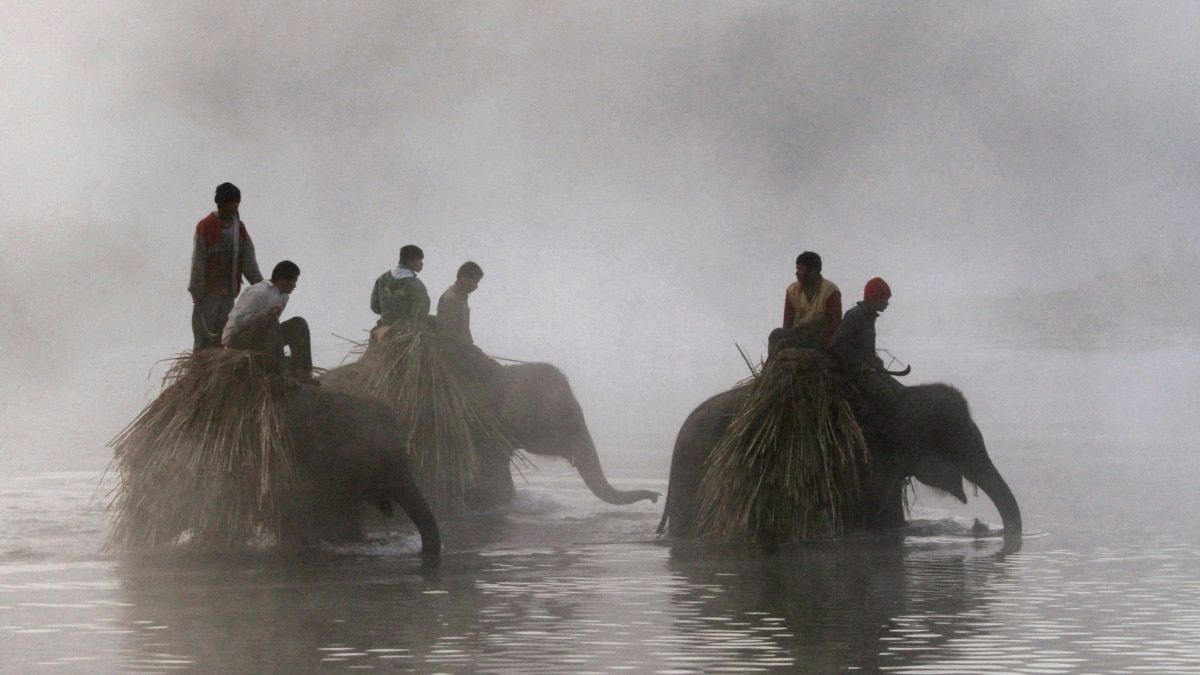Nepal Strikes Down Laws Permitting Development in Protected Natural Areas

Kathmandu, Nepal - In a significant victory for environmental protection, Nepal's Supreme Court has struck down disputed laws that permit waterpower centers, visitor housing such as hotels, and other business development in protected natural areas. The January 15 ruling is seen as a major win for conservation efforts in the country.
Nepal has set aside one-fifth of its territory as protected natural areas, including 12 national parks and six conservation areas. These areas, which include Chitwan National Park home to tigers and rhinos, have been at risk due to government laws passed last year aiming to permit large-scale development projects in some parts of these areas.
Environmental defenders welcomed the Supreme Court's decision, saying that it "preserves ecology and biodiversity". Padam Bahadur Shrestha, a Nepalese environmental activist who took legal action against the laws, praised the ruling, stating that it prevents ecological destruction and preserves Nepal's natural beauty.
The government had intended to use the passage of these laws as part of its strategy to develop its waterpower industry and tourism sector. However, conservationists argue that allowing development projects in protected areas poses significant threats to Nepal's unique biodiversity.
Nepal has made notable strides in protecting its wild animal population. The country's tiger population has increased from 121 animals in 2010 to 355 in 2023, while the number of one-horned rhinos has risen from just over 100 in the 1960s to 752 in 2021.
The Supreme Court's ruling is also seen as a response to concerns raised by local residents and experts. Rampreet Yadav, a former conservation officer of Chitwan National Park, described the recent laws "as something that never should have been passed."
By striking down these disputed laws, Nepal's Supreme Court has reinforced its commitment to protecting the country's natural resources for future generations.
